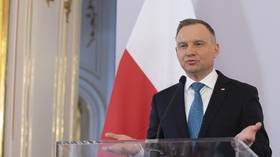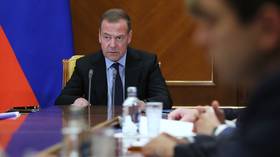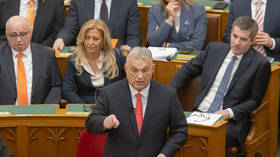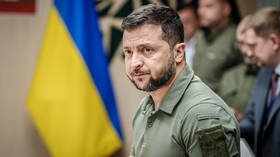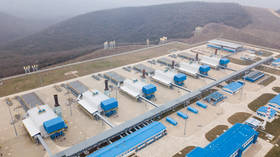Polish government ‘cracking down’ on critical entrepreneurs – FT

Numerous members of the Polish business community who have openly criticized the country’s authorities are being held in detention facilities for months without being charged with any crime, the Financial Times reported on Tuesday, citing legal pundits and entrepreneurs.
An increasing number of white-collar-crime suspects have been detained and held in pre-trial custody since the right-wing Law and Justice party came to power in 2015, according to experts interviewed by the paper. The measure is usually reserved for potentially violent criminals.
Przemyslaw Rosati, the head of the Polish Bar Council, described the current legal situation as a “catastrophe” reminiscent of the communist era. He told the FT that “the standards for detaining people have been lowered tragically,” and the basic rights of those arrested, including the presumption of innocence, are being trampled upon.
Last October, for example, Polish authorities arrested Maciej Witucki, the president of the Lewiatan confederation, the country’s leading employers’ organization. The entrepreneur, who had gained a reputation for criticizing the government’s economic policies, emerged as a suspect in an extortion case. However, he was never charged and was released 48 hours after his arrest following a massive outcry from the business community.
Witucki told the FT that he was among the “lucky less than 10%” of suspects who were released by a court. However, according to Court Watch Poland, an NGO that monitors the Polish judiciary, 90% of detention requests are authorized despite judges having only 24 hours to rule on the matter.
According to the Helsinki Foundation for Human Rights (HFHR), the deep-seated legal practices also affected the length of time suspects spend in custody. According to the HFHR and Polish Bar Council data, in 2022, 240 people spent between 12 months and two years in pre-trial detention compared to just 39 in 2013.
The “erosion of the rule of law” in Poland has long been criticized by the EU, which last year froze €75 billion ($81 billion) in assistance to Warsaw over its failure to fulfill conditions regarding judicial independence.
In May, despite the growing rift with Brussels, Poland’s parliament narrowly passed a law setting up a commission investigating alleged Russian political interference in its domestic affairs. The new policy triggered pushback from many Polish MPs, as well as EU and US officials, who suggested that the government in Warsaw was seeking to suppress opposition politicians – especially former Polish prime minister Donald Tusk – and block them from taking part in elections.
